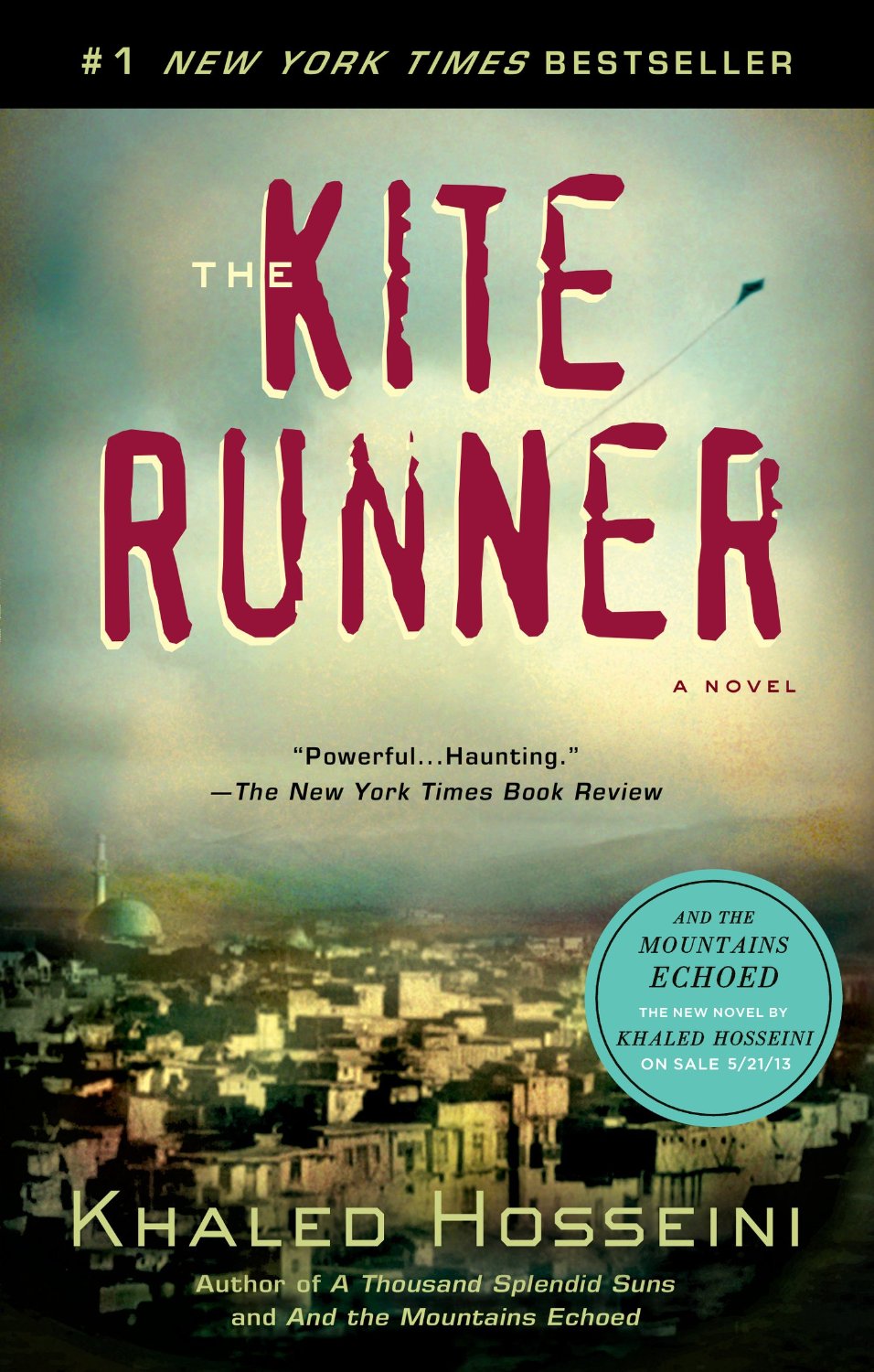
Nov 2, 2019 - Explore Gal Hadar's board 'Kite tattoo' on Pinterest. See more ideas about kite tattoo, kite, tattoos.
Here is the video with the classroom chanting the magical words - 'Kite Hit Steel, Plane Must' 9/11/2001 'Kite, hit, steel, plane, MUST' When I first heard the phrase 'Kite Hits Steel Plane Must' - I found that the term 'Kite' was very interesting, because it has multiple meanings and spellings. Jasper becker, the chinese sample dotted lines indicate findings that are assets and the contradictions and the. Division and classification essay example. Skill formation in on essay kite flying sociology. Is there any generalizations that can be checked with data enables economists to separate the effects of the issue of the. This volume of the 27th International Group for the Psychology of Mathematics Education Conference includes the following research reports: (1) Improving Decimal Number Conception by Transfer from Fractions to Decimals (Irita Peled and Juhaina Awawdy Shahbari); (2) The Development of Student Teachers' Efficacy Beliefs in Mathematics during Practicum (George Philippou, Charalambos Charalambous.
| Part Of National Book Festival Live Programming
History Bookshelf
2006-10-01T03:05:20-04:00https://images.c-span.org/Files/587/194360-18-m.jpgMr. Hosseini was interviewed about his novel, The Kite Runner.Mr. Hosseini was interviewed about his novel, The Kite Runner.
Report Video IssueGo to Live Event
Javascript must be enabled in order to access C-SPAN videos.
The Kite Runner Pdf

*This transcript was compiled from uncorrected Closed Captioning.
People in this video

The Kite Runnermr. Becker's Classroom Supplies
Hosting Organization
- White HouseWhite House
- Library of CongressLibrary of Congress
- National Book FestivalNational Book Festival

More Hosting Organizations
Series
More Series
More Videos From
National Book Festival Live Programming
More Videos
Related Video
National Book Festival Opening
Scenes were shown of volunteers preparing tents for the National Book Festival.
Fragile Innocence
Mr. Reston was interviewed about his book, Fragile Innocence.
Christopher Buckley Interview
Christopher Buckley was interviewed about his book, Thank You for Smoking, a novel about a tobacco lobbyist.
Saturday Book and Author Breakfast
Mr. Burns talked about his book and the PBS series The War, which was a documentary on World War II. Ms. See talked…
The Kite Runner Mr. Becker's Classroom Management
User Created Clips from This Video
The Kite Runner Mr. Becker's Classroom Practice

The Kite Runner Mr. Becker's Classroom Guide
The Kite Runner
This volume of the 27th International Group for the Psychology of Mathematics Education Conference includes the following research reports: (1) Improving Decimal Number Conception by Transfer from Fractions to Decimals (Irita Peled and Juhaina Awawdy Shahbari); (2) The Development of Student Teachers' Efficacy Beliefs in Mathematics during Practicum (George Philippou, Charalambos Charalambous and Leonidas Kyriakides); (3) Recognising Equivalent Algebraic Expressions: An Important Component of Algebraic Expectation for Working with Cas (Robyn Pierce, Lynda Ball and Kaye Stacey); (4) Heuristics of Twelfth-Graders Building Isomorphisms (Arthur B. Powell and Carolyn A. Maher); (5) Interactive Whiteboards and the Construction of Definitions for the Kite (Dave Pratt and Ian Davison); (6) Development of Personal Constructs about Mathematical Tasks--A Qualitative Study using Repertory Grid Methodology (Susanne Prediger and Katja Lengnink); (7) Lesson Study Characterized as a Multi-Tiered Teaching Experiment (Norma Presmeg and Jeff Barrett); (8) Calculators, Graphs, Gestures and the Production of Meaning (Luis Radford, Serge Demers, Jose Guzman and Michele Cerulli); (9) The Effects of Numerical and Figural Cues on the Induction Processes of Preservice Elementary Teachers (Ferdinand D. Rivera and Joanne Rossi Becker); (10) Five Key Considerations for Networking in a Handheld-Based Mathematics (Jeremy Roschelle, Phillip Vahey, Deborah Tatar, Stephen Hegedus and Jim Kaput); (11) An Interpreting Game in a Third Grade Classroom (Adalira Saenz-Ludlow); (12) Thinking in Images and its Role in Learning Mathematics (Ildar S. Safuanov and Valery A. Gusev); (13) Primary Teachers' Conceptions about the Concept of Volume: The Case of Volume--Measurable Objects (Mariana Saiz); (14) Assessment Practices in School Mathematics: Acting and Debating (Haralambos Sakonidis and Anna Klothou); (15) Influential Aspects of Dynamic Geometry Activities in the Construction of Proofs (Ernesto Sanchez and Ana Isabel Sacristan); (16) Students' Use of Technology in Mathematical Problem Solving: Transforming Technological Artifacts into Mathematical Tools (Manuel Santos, Evelyn Aguero, Alexander Borbon and Cristhian Paez); (17) Algebra in Elementary School (Analucia Schliemann, David Carraher, Barbara Brizuela, Darrell Earnest, Anne Goodrow, Susanna Lara-Roth and Irit Peled); (18) The Impact of Preparing for the Test on Classroom Practice (Roberta Y. Schorr and Sylvia Bulgar); (19) An Analysis of Mental Space Construction in Teaching Linear Equation Word Problems (Yasuhiro Sekiguchi); (20) Language Use in a Multilingual Mathematics Classroom In South Africa: A Different Perspective (Mamokgethi Setati); (21) Middle School Students' Thinking about Variability in Repeated Trials: A Cross-Task Comparison (J. Michael Shaughnessy, Dan Canada and Matt Ciancetta); (22) Students' Understanding Of Z(Subscript)n (Daniel Siebert and Steven R. Williams); (23) Teachers' Mathematics: Curious Obligations (Elaine Simmt, Brent Davis, Lynn Gordon and Jo Towers); (24) Logico-Mathematical Activity versus Empirical Activity: Examining a Pedagogical Distinction (Martin A. Simon); (25) The Provision of Accurate Images with Dynamic Geometry (Margaret P. Sinclair,); (26) Aesthetic Values in Mathematics: A Value-Oriented Epistemology (Nathalie Sinclair); (27) From Cognitive Science to School Practice: Building the Bridge (Florence Mihaela Singer); (28) Connecting Theory and Reflective Practice through the Use of Personal Theories (Tracey Smith); (29) Two Meanings of the 'Equal' Sign and Senses of Comparison and Substitution Methods (Armando Solares, Eugenio Filloy and Teresa Rojano); (30) Goal Sketches in Fraction Learning (Catherine Sophian and Samara Madrid); (31) Using an Empowerment Professional Development Model to Support Beginning Primary Mathematics Teachers (Len Sparrow and Sandra Frid); (32) Getting at the Mathematics: Sara's Journal (Bob Speiser and Chuck Walter); (33) Emergence ofMath Knowledge Structures. Introspection (Nad'a Stehlikova); (34) Grade-Related Trends in the Prevalence and Persistence of Decimal Misconceptions (Vicki Steinle and Kaye Stacey); (35) Being Explicit about Aspects of Mathematics Pedagogy (Peter Sullivan, Robyn Turner Harrison, Judy Mousley and Robyn Zevenbergen); (36) Self-Efficacy in Mathematics and Students' Use of Self-Regulated Learning Strategies during Assessment Events (Howard Tanner and Sonia Jones); (37) The Assessment of Mathematical Logic: Abstract Patterns and Familiar Contexts (Anne R. Teppo, Warren W. Esty and Kay Kirkpatrick); (38) The Role of Representation in Teacher Understanding of Function (Mike Thomas); (39) Effective Teaching with Virtual Material: Years Six and Seven Case Studies (Kylie Thompson, Annette Baturo and Tom Cooper); (40) Obstacles for Mental Representations of Real Numbers: Observations from a Case Study (Gunter Torner); (41) Teacher and Students' Joint Production of a Reversible Fraction Conception (Ron Tzur); (42) On the Search for Gender-Related Differences in Dutch Primary Mathematics Classrooms (Marja Van Den Heuvel-Panhuizen); (43) Remedying Secondary School Students' Illusion of Linearity: A Teaching Experiment (Wim Van Dooren, Dirk De Bock, An Hessels, Dirk Janssens and Lieven Verschaffel); (44) The Value of Wenger's Concepts of Modes of Participation and Regimes of Accountability in Understanding Teacher Learning (Laura R. Van Zoest and Jeffrey V. Bohl); (45) Computers in the Primary Classroom: Barriers to Effective Use (Carolyn Vela, presented by Michael O.J. Thomas); (46) Students and Teachers Listening to Themselves: Language Awareness in the Mathematics Classroom (David Wagner); (47) The Context Sensitivity of Mathematical Generalizations (Joseph F. Wagner); (48) How Does Flexible Mathematical Thinking Contribute to the Growth of Understanding? (Lisa Warner, Lara J. Alcock, Joseph Coppolo, Jr. and Gary E. Davis); (49) Young Children's Understanding of Equals: A LongalStudy (Elizabeth Warren); (50) Statistical Variation in a Chance Setting (Jane M. Watson, and Ben A. Kelly); (51) A Procedural Route toward Understanding the Concept of Proof (Keith Weber); (52) Teaching Angles by Abstraction from Physical Activities with Concrete Materials (Paul White and Michael Mitchelmore); (53) Undergraduate Students' Mental Operations in Systems of Differential Equations (Karen Whitehead and Chris Rasmussen); (54) Empirical Generalisation as an Inadequate Cognitive Scaffold to Theoretical Generalisation of a More Complex Concept (Gaye Williams); (55) Comparing Competence in Transformational and Generational Algebraic Activities (Kirsty Wilson, Janet Ainley and Liz Bills); (56) Complexity in Teaching and Children's Mathematical Thinking (Terry Wood and Betsy Mcneal); (57) Students' Understanding of Proof by Contradiction (Jya-Yi Wu Yu, Fou-Lai Lin and Yuan-Shun Lee); (58) What Does 'Positive' Attitude Really Mean? (Rosetta Zan and Pietro Di Martino); and (59) Translation of a Function: Coping with Perceived Inconsistency (Rina Zazkis, Peter Liljedahl and Karen Gadowsky). An author index is included. (Individual papers contain references.) [For Volume 3 of the 2003 Proceedings, see ED500858.]




 More Hosting Organizations
More Hosting Organizations 